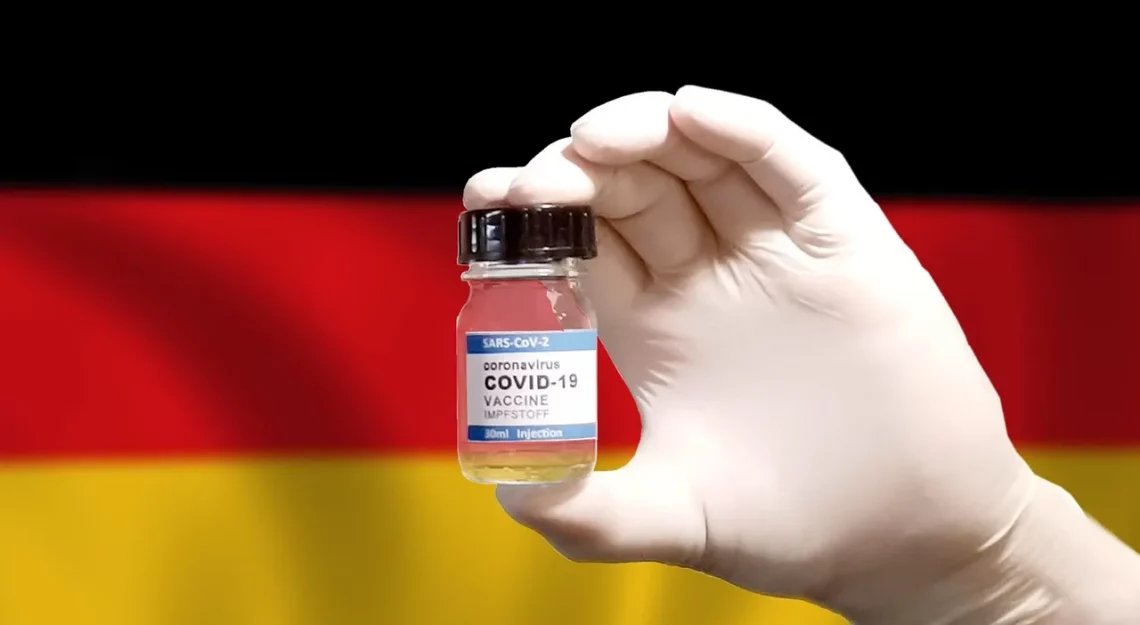
Understanding Bordetella Vaccine Side Effects and Their Management
Vaccination plays a crucial role in maintaining the health and well-being of pets, particularly dogs. One commonly administered vaccine is the Bordetella vaccine, which protects against Bordetella bronchiseptica, a bacterium responsible for kennel cough, a highly contagious respiratory disease. While vaccines offer significant benefits in preventing illness, they can also be associated with certain side effects. Understanding these side effects and how to manage them is essential for pet owners to ensure their furry companions remain healthy and happy.
When considering vaccinations, it is important to recognize that the immune response triggered by a vaccine can vary from one individual to another. Factors such as age, breed, pre-existing health conditions, and the overall immune status of the pet can influence how they react to a vaccine. While most pets tolerate vaccines well, some may experience mild to moderate reactions. Being informed about these potential side effects can help pet owners make educated decisions and take appropriate measures if their pet shows any unusual symptoms post-vaccination.
Moreover, staying informed about the management of vaccine side effects can empower pet owners to respond effectively and promptly. This knowledge not only alleviates anxiety but also fosters a proactive approach to pet healthcare. By understanding Bordetella vaccine side effects, pet owners can ensure they are equipped to provide the best possible care for their pets.
Common Side Effects of the Bordetella Vaccine
The Bordetella vaccine, like any other vaccine, can lead to a range of side effects. Most of these effects are mild and temporary, reflecting the body’s natural response to vaccination as it builds immunity. Common side effects include lethargy, mild fever, and a decrease in appetite. These reactions typically resolve within a few days as the pet’s body adjusts to the vaccine.
Lethargy is perhaps one of the most frequently observed reactions. Following vaccination, some dogs may appear more tired or less active than usual. This is generally a normal response as their immune system works to develop protection against Bordetella. Pet owners should monitor their dogs during this time, ensuring they have a comfortable space to rest.
In some cases, dogs may experience a mild fever, which is another sign that their immune system is responding to the vaccine. A slight increase in body temperature is typically not a cause for alarm. However, if the fever persists or reaches high levels, pet owners should consult their veterinarian for further evaluation.
Another common reaction is a temporary decrease in appetite. Some dogs may be picky about food or refuse to eat for a short period after receiving the vaccine. While this can be concerning, it’s essential to remember that this is often short-lived. Providing favorite treats or enticing meals can help stimulate their appetite.
In rare instances, pets may experience more pronounced reactions, such as swelling at the injection site, vomiting, or diarrhea. These symptoms can indicate an allergic reaction or other complications. Pet owners should be vigilant and contact their veterinarian if they notice any of these signs, especially if they occur within a few hours of vaccination.
Managing Mild Reactions After Vaccination
Most pets will experience only mild reactions after receiving the Bordetella vaccine, and managing these reactions can often be done at home. The key is to provide a calm environment and monitor the pet’s condition closely. If lethargy or discomfort is observed, allowing the pet to rest in a quiet, comfortable space can aid in their recovery.
It’s also essential to maintain hydration. Some pets may not feel like drinking water immediately after vaccination, but encouraging fluid intake is crucial. Offering fresh water and, if necessary, enticing them with low-sodium broth can help ensure they stay hydrated.
If a mild fever develops, pet owners can help manage it by ensuring their pet remains cool and comfortable. Providing a cool, shaded area and limiting strenuous activities can help their body cope with the fever. However, if the fever exceeds 103°F or persists for more than a day, seeking veterinary advice is recommended.
In instances where pets refuse food, it’s advisable to offer small, frequent meals of their favorite foods. Sometimes, warming the food can make it more appealing. If the pet continues to show a lack of interest in food for more than 24 hours, contacting a veterinarian is wise to rule out any underlying issues.
Monitoring the injection site for any unusual swelling or redness is also important. If swelling occurs, applying a cold compress can help alleviate discomfort. However, if the swelling increases or if there are any signs of infection, such as discharge or excessive heat, a veterinarian should be consulted immediately.
When to Seek Veterinary Assistance
While most side effects from the Bordetella vaccine are mild and easily managed, there are situations where veterinary assistance is necessary. Pet owners should be vigilant and aware of the signs that indicate a need for professional evaluation.
One critical situation is the occurrence of severe allergic reactions, known as anaphylaxis. Symptoms may include difficulty breathing, swelling of the face or throat, hives, or collapse. Anaphylaxis is a medical emergency that requires immediate veterinary intervention. If any of these symptoms are observed, pet owners should seek emergency care without delay.
Persistent vomiting or diarrhea that lasts more than a day is another reason to contact a veterinarian. While mild gastrointestinal upset can occur, prolonged symptoms can lead to dehydration and indicate that further medical attention is needed.
Additionally, if a pet exhibits signs of extreme lethargy or unresponsiveness lasting more than 24 hours post-vaccination, it is advisable to consult a veterinarian. These symptoms could suggest an underlying health issue that needs to be addressed.
In summary, while the Bordetella vaccine is essential for protecting pets from kennel cough, being aware of potential side effects and knowing when to seek veterinary assistance is crucial. Regular communication with a veterinarian can ensure that pets receive appropriate care tailored to their needs.
**Disclaimer:** This article is not a substitute for professional veterinary advice. If you have any concerns regarding your pet’s health or vaccination reactions, please consult your veterinarian.




